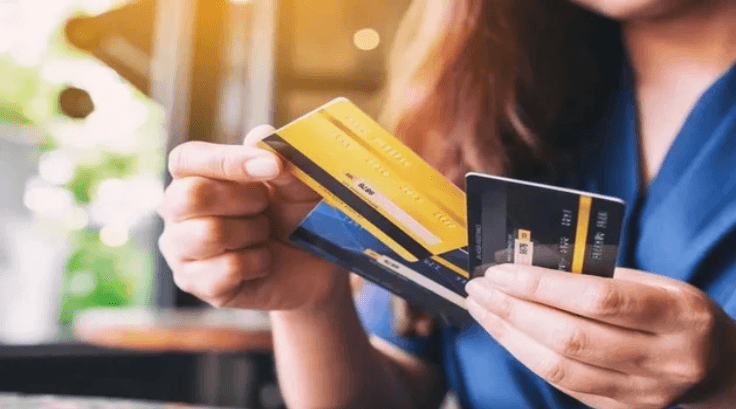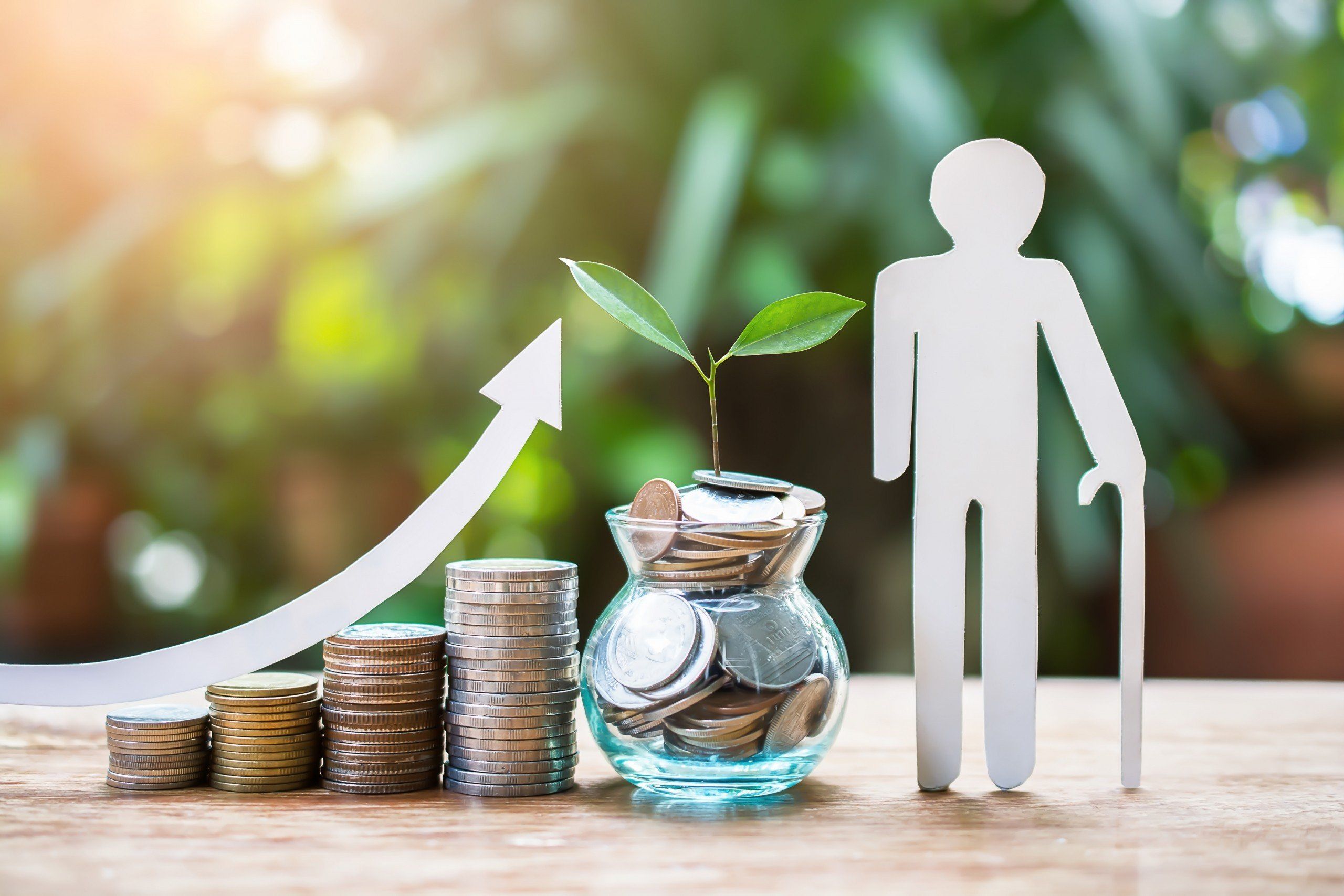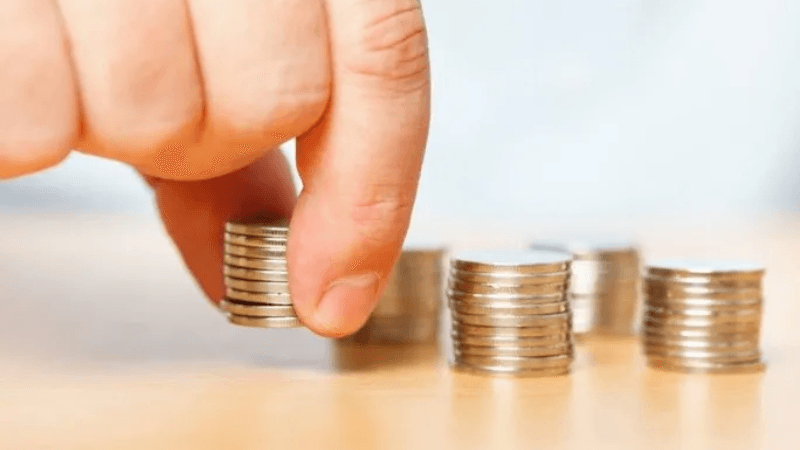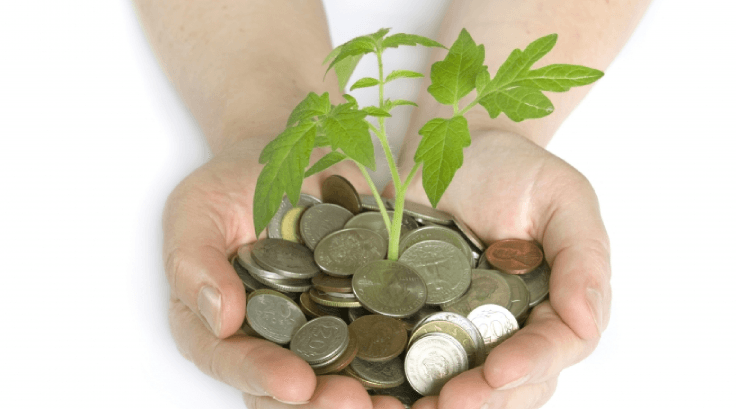
Credit cards are very useful financial tools, but they can also be dangerous if not used correctly. Many people get into unnecessary debt because they don't know how to manage their credit cards responsibly.
In this article, we will give you some tips on how to use your credit card responsibly and avoid falling into unnecessary debt. Read on to learn more.
What is a credit card?
A credit card is a means of payment that allows its holder to make purchases and pay for them within a certain period of time, usually at the end of the month or in installments. It is issued by a financial institution and is backed by a credit line, which is the maximum amount the cardholder can spend with the card.
When using a credit card, the cardholder acquires a debt with the issuing entity that must be paid within the agreed term. Failure to pay on time will result in interest and additional charges that can significantly increase the amount owed.
It is important to use the credit card responsibly and conscientiously, avoiding unnecessary expenses and always paying on time to avoid accumulating debts that may affect the cardholder's financial health.
How does a credit card work?
A credit card is a means of payment that allows you to purchase goods and services without having to pay cash at the time of the transaction. Instead, the financial institution that issued the card lends you the money needed to make the purchase and charges you interest on that loan.
Every time you use your credit card, you are taking out a loan with the financial institution. If you pay your card balance in full by the due date, you will not have to pay interest. However, if you do not pay the balance in full, you will be charged interest on the outstanding balance.
It is important to remember that a credit card is not free money and that you should use it responsibly to avoid getting into more debt than necessary. In addition, you should be aware of the fees and charges associated with your card, such as annual fees or cash withdrawal charges.
What are the benefits of having a credit card?
Having a credit card can provide many benefits, as long as it is used responsibly. Some of the benefits include:
- Ease and convenience of making purchases online and in physical stores.
- Protection against fraud and theft, as credit cards usually offer insurance against these incidents.
- Accumulation of points or miles that can be redeemed for discounts, travel or products.
- Opportunity to establish a positive credit history, which can be useful for obtaining loans in the future.
- Possibility of financing large purchases in interest-free installments, which may be convenient for some consumers.
However, it is important to remember that a credit card can also lead to unnecessary debt if not used responsibly. It is important to pay the balance in full each month and not spend more than you can afford.
How to avoid getting into credit card debt
While credit cards can be a useful tool for making purchases and collecting points or miles, they can also be a source of unnecessary debt. Here are some tips to avoid getting into credit card debt:
- Set a monthly spending limit: before using your card, set a monthly budget and make sure you don't exceed it.
- Pay the full balance each month: if you pay only the minimum required, you will be accumulating interest and additional charges that will increase your debt.
- Do not use the card to finance long-term expenses: if you need to finance something long-term, it is better to look for other options such as personal loans or mortgages.
- Don't use the card to cover basic expenses: use the card only for necessary purchases and avoid using it to cover basic expenses such as food or rent.
- Don't apply for more credit cards: having several cards can increase the temptation to spend more than you can afford.
Remember that using your credit card responsibly is critical to maintaining good financial health and avoiding unnecessary debt.
Set a limit on your credit card
An effective way to manage your credit card responsibly is to set a limit on it. This way, you can control your spending and avoid getting into debt beyond what you can afford.
To set a limit on your credit card, you should contact the financial institution that issued the card and request a limit modification. It is important that you analyze what is the maximum amount you can pay monthly and establish a limit according to that payment capacity.
Remember that the limit on your credit card should not be seen as an authorization to spend without control. It is important that you always keep your budget in mind and avoid spending beyond your economic possibilities.
Establishing a limit on your credit card will help you manage it responsibly and avoid falling into unnecessary debt.
Use your card only for necessary purchases
One of the keys to managing your credit card responsibly is to use it only for necessary purchases. Avoid making impulsive or unnecessary purchases that can lead you to accumulate debt.
Before making a purchase with your credit card, make sure that you really need it and that you will be able to pay it in full at the time of payment.
It is also important to keep in mind the credit limit available on your card and not exceed it, as this can result in overdraft charges and increase your debts.
Remember that a credit card is not additional income, but a financial tool that should be used responsibly.
Pay the balance in full each month
One of the best ways to avoid unnecessary debt is to pay your credit card balance in full each month. This way, you won't have to worry about accrued interest or additional fees.
To make sure you can pay your balance in full each month, it's important to make a budget and stick to it. Don't spend more than you can afford and avoid making impulse purchases.
You can also set up automatic payments to be made each month on the due date. This way, you make sure you don't miss any payments and keep your credit history in good shape.
Avoid using promotions or interest-free monthly payment plans for unnecessary purchases
Although it may seem tempting to buy something you don't need in interest-free installments, remember that you will continue paying for it for several months. If it's not something you really need or can pay cash for, it's best to avoid these types of promotions.
Also, keep in mind that if you don't pay the debt in full before the interest-free term ends, you will start accumulating interest and your debt will increase.
In summary, use interest-free month payment plans and promotions only for important and necessary purchases, and be sure to pay off the debt before interest accrues.
If you can't pay your balance in full, pay more than the minimum
Occasionally, you may not be able to pay your credit card balance in full. In these cases, it is important that you pay more than the minimum required by the financial institution.
If you only pay the minimum, you will be accruing interest and finance charges that can significantly increase your debt. In addition, this can negatively affect your credit history and make it difficult to obtain credit in the future.
Therefore, if you can't pay your balance in full, try to pay as much as possible to reduce your debt and avoid additional fees. If necessary, consider options such as a personal loan with a lower interest rate to consolidate your debts and make repayment easier.
Tips for using your credit card responsibly
- Set a monthly spending limit and stick to it.
- Pay your bills on time and always pay more than the minimum required.
- Do not use your credit card for unnecessary expenses or expenses that you cannot pay in full at the end of the month.
- Do not ask for cash advances, as these have high interest rates and fees.
- Regularly review your statements to detect unauthorized charges or errors.
- Do not share your personal or financial information with third parties.
- If you are having trouble paying your bills, seek professional help before the situation worsens.
Review your statements regularly
It is important to review your credit card statements regularly to make sure there are no fraudulent charges or errors. If you find any charges you don't recognize, contact your bank immediately to investigate and resolve the problem.
In addition, reviewing your statements allows you to keep better control of your spending and avoid spending more than you can afford. If you notice that you are spending more than you can afford, it's time to make adjustments to your budget and limit your card spending.
Avoid sharing your credit card information with third parties or on insecure websites
One of the main security measures you should take when handling your credit card is to avoid sharing your credit card data with third parties or on insecure websites. This includes not providing information such as your card number, expiration date and security code to strangers or on websites that do not have adequate safeguards in place.
To ensure that you are sharing your data only with trustworthy entities, always check the reputation and security of the website before making any transaction. Look for seals or certifications that indicate the site is secure and use encryption technologies to protect your data.
Also remember to never send your data via email, text messages or unsecured applications. Always use secure and reliable channels to share information related to your credit card.
By following these recommendations, you can significantly reduce the risk of fraud and identity theft when handling your credit card.
Report immediately if your credit card is lost or stolen
If your credit card is lost or stolen, it is important to report it immediately to your bank or card issuer. This way, they will be able to block the card and prevent unauthorized transactions.
Also, be sure to review your account statements regularly to detect any suspicious activity on your account. If you find any unauthorized transactions, report them immediately to your bank so they can investigate and resolve the problem.
Don't borrow cash with your credit card, use other options if necessary such as personal loans or bank-authorized lines of credit
One of the worst things you can do with your credit card is to borrow cash. While it may seem convenient at the time, interest rates for cash advances are often much higher than normal rates for purchases.
Instead of borrowing cash on your credit card, consider other options if you need money fast. For example, you can apply for a personal loan at the bank or use a bank-approved line of credit. These options often have lower interest rates and more favorable terms than credit card cash advances.
Remember that borrowing on your credit card can be tempting, but it can also lead to a mountain of unnecessary debt. Always try to use your card responsibly and consider all your options before making an important financial decision.






